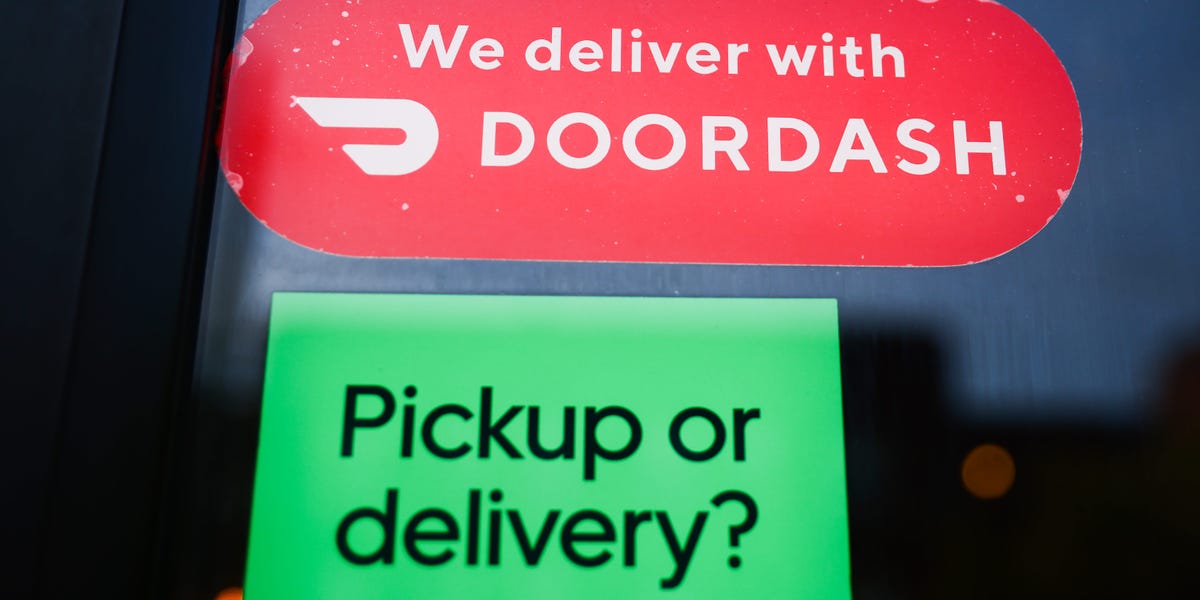Delivery Wars Heat Up: Uber Fires Antitrust Salvo at DoorDash, Claims Unfair Market Tactics

In a legal showdown that's heating up the tech and food delivery landscape, DoorDash is pushing back against Uber's allegations of unfair business practices. The food delivery giant has formally requested the California Superior Court to throw out a lawsuit filed by Uber earlier this year, which claims DoorDash engaged in anti-competitive behavior.
The legal battle highlights the intense rivalry and strategic maneuvering within the increasingly competitive food delivery market. Uber's February lawsuit accused DoorDash of implementing tactics designed to undermine fair competition, setting the stage for what could be a protracted legal confrontation.
By seeking dismissal of the lawsuit, DoorDash is signaling its confidence in its business practices and its determination to defend its market position. The court's response will be closely watched by industry observers and competitors alike, as it could potentially set precedents for how food delivery companies interact and compete in the marketplace.
As the legal proceedings unfold, both companies continue to vie for dominance in the rapidly evolving food delivery sector, where innovation and market share are constantly in flux.
